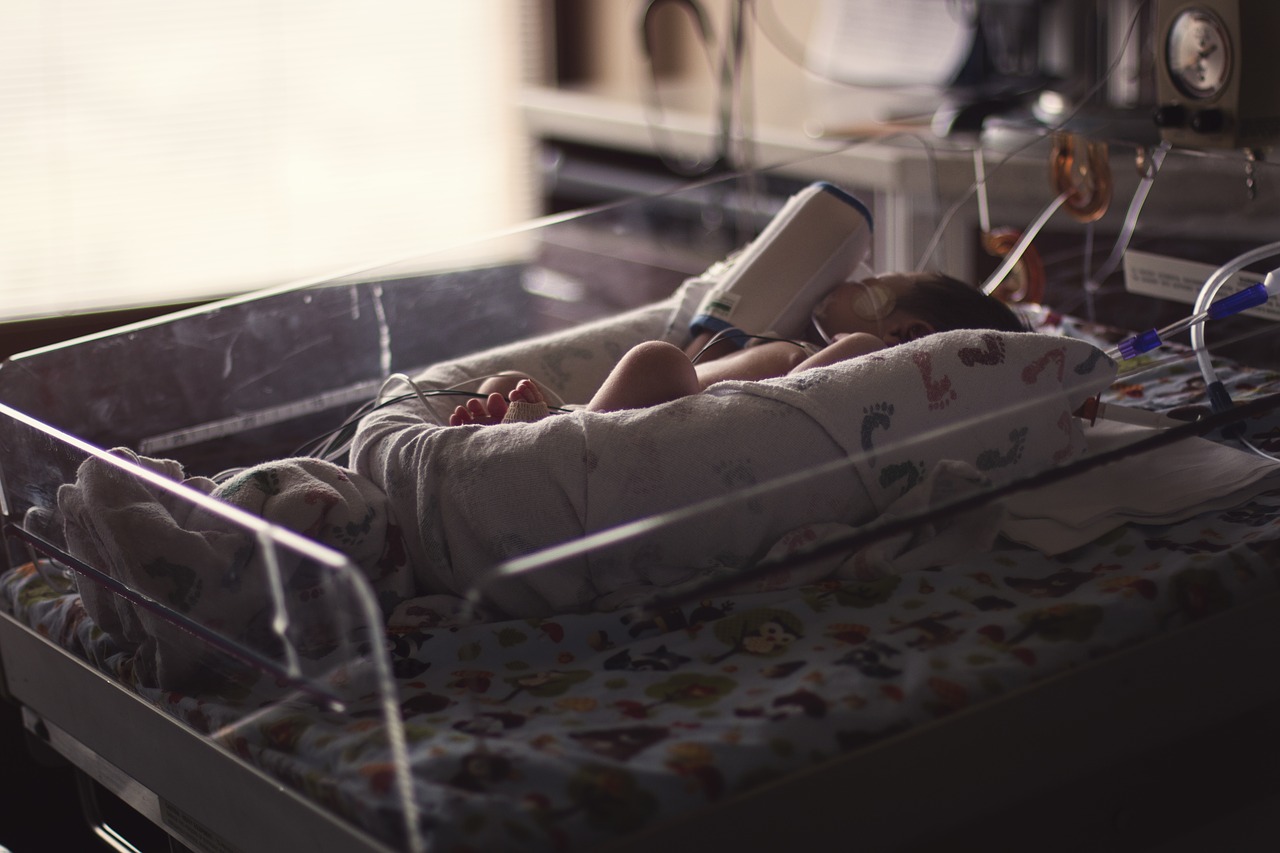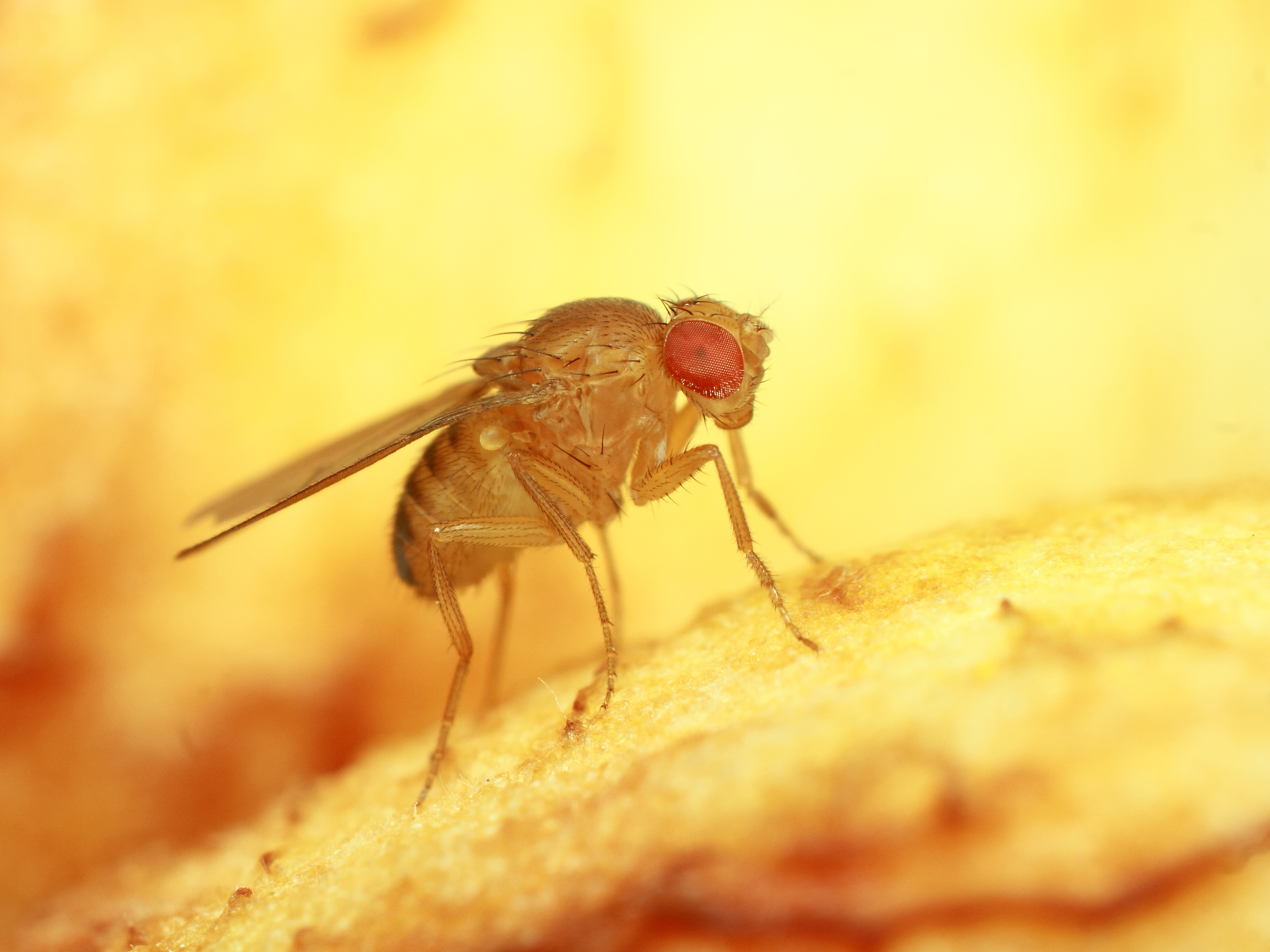
Drug Resistance Posing a New Challenge for Child Survival
- News
- 1.8K
Antimicrobial resistance has become a global health challenge, making easily treatable infections difficult to treat. The problem is not sparing vulnerable population groups like newborn babies who need urgent treatment in case of conditions such as neonatal sepsis.
Sepsis can be potentially life-threatening, particularly for newborns as their immune systems are not fully developed. Given the rise in bacteria resistance to existing treatments, hospitalized newborns and infants are at high risk of developing drug-resistant hospital-acquired infections. The susceptibility of newborns to sepsis is compounded as diagnosing serious bacterial infections in newborns is challenging since symptoms are difficult to detect.
In order to gather more data and insight into the problem, researchers from India and ten countries have joined hands to conduct an observational study in hospitals and neonatal units. In India, the study will be conducted at Lady Harding Medical College, New Delhi; KEM Hospital, Mumbai and Jawaharlal Institute of Postgraduate Medical Education and Research in Puducherry.
Other countries participating in the study are Bangladesh, Brazil, China, Greece, Italy, Kenya, South Africa, Thailand, Vietnam, and Uganda. The study focuses on collecting clinical information on babies with significant clinical sepsis.
The study will investigate how neonatal sepsis is managed currently so that this insight can be used as a basis for evaluating future interventions in neonates. Outcomes of interest will include mortality, antibiotic use, and duration of antimicrobial therapy. Researchers from all the participating countries met here this week to understand sepsis in newborns and current antibiotic prescribing practices.

Dr. Manica Balasagaram
It is part of an initiative launched by the Global Antibiotic Research and Development Partnership (GARDP). “This study would be helpful as the burden of infectious disease is high though it has declined in recent past. Development of new drugs is not the only solution we are looking for. We are focusing on better use of existing antibiotics also,” Dr. Manica Balasagaram, Director, GARDP said while speaking to India Science Wire.
Of the global burden of sepsis-related neonatal deaths, nearly 40 % occurs in countries of South Asia like Afghanistan, Bangladesh, Bhutan, India, Maldives, Nepal, Pakistan and Sri Lanka. Every year, around 56,500 neonatal deaths are attributable to sepsis caused by anti-microbial resistance to drugs in India alone.
Sepsis in the neonatal period – first 28 days of an infant’s life – is the most common cause of deaths among neonates around the world. Of all the deaths that occur in children under the age of five years, 44% (almost half) occur in the first 28 days of an infant’s life. It is estimated that 214,000 deaths among these newborns were attributable to drug-resistant infections in 2015 globally. (India Science Wire)
By Jyoti Singh
If you liked this article, then please subscribe to our YouTube Channel for the latest Science and Tech news. You can also find us on Twitter and Facebook.


